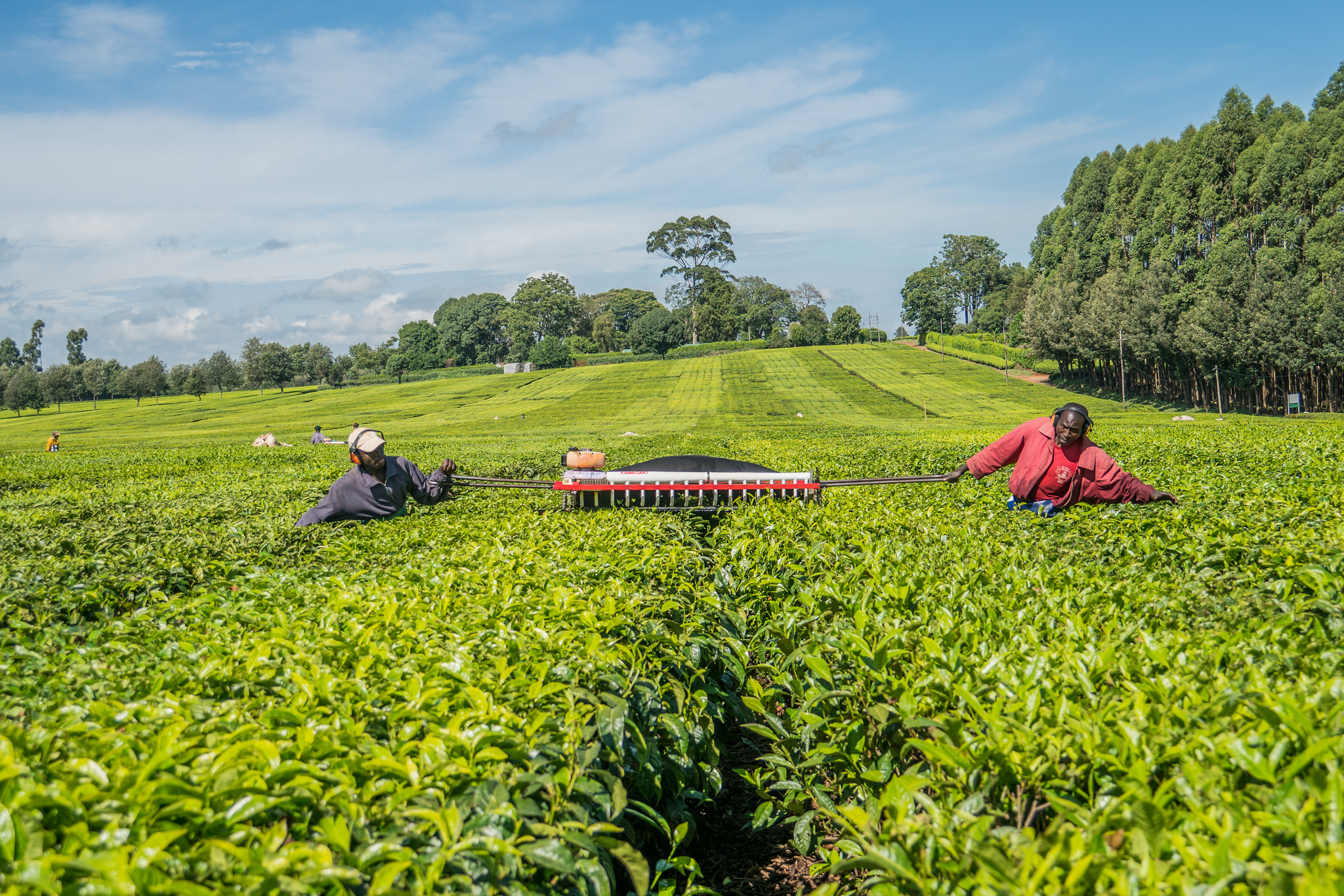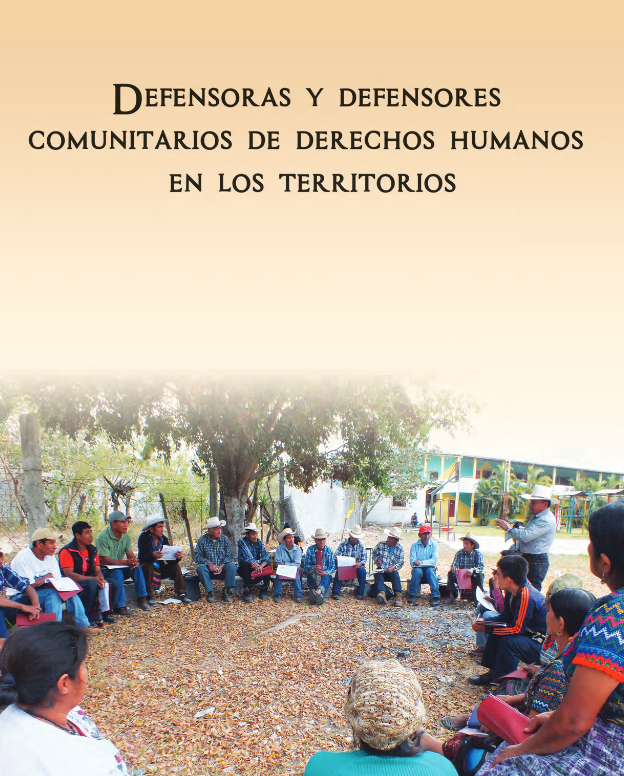Land Disputes In African Agri-Investments
Research shows that land disputes are increasingly common, exposing businesses to severe risks at the project level. The problem is endemic and growing – companies want evidence-based approaches to address this new reality and understand their exposure to risk. The Quantifying Tenure Risk (QTR) financial model blends verified company data with detailed case research to accurately assess tenure risk and provide tailored support to investors and businesses.





